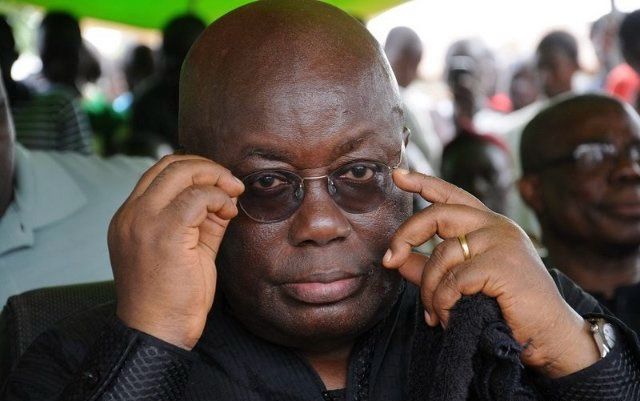A political analyst at the University of Cape Coast (UCC), Dr Jonathan Asante Otchere, has said that current developments suggest Nana Addo Dankwa Akufo-Addo will go down in history as Ghana’s worst and most vulnerable former president.
Referencing the comment he made some time ago, the political analyst insisted the election review report commissioned by the New Patriotic Party (NPP) has now vindicated him and sharply indicted the former president.
Speaking on Metro TV’s Good Morning Ghana, Dr Asante Otchere alleged that the report, led by Professor Mike Aaron Oquaye, squarely blamed President Akufo-Addo for the party’s defeat in the 2024 general election.
He claimed that former Vice President and 2024 NPP flagbearer Dr Mahamudu Bawumia has begun distancing himself from Akufo-Addo’s record in a bid to safeguard his political future.
“You may recall that I said on your platform that President Akufo-Addo was going to be the worst and most miserable ex-president in this country. This is part of the evidence. I can tell you that the Oquaye report indicts him so strongly that they align with the findings of Global InfoAnalytics, which show that 68% of respondents blame the loss of the NPP on President Akufo-Addo. About thirty-something percent blame Bawumia, and around forty-something percent blame Ken Ofori-Atta,” he said.
“If you do a cumulation, you will realize that certain individuals dragged the party down from within government. But they don’t want these individuals to be held accountable, because doing so would expose the lingering influence of their political relics. That is why Dr Bawumia is trying to disassociate himself from President Akufo-Addo. In his speeches, he is repositioning himself as a leader in his own right. It is purely a political strategy.”
This comes after Dr Bawumia, during the party’s national thank-you tour, attributed their electoral loss to a number of issues, including economic hardship, weak internal cohesion, unpopular policies, and what he described as an “arrogance of power” that fuelled public discontent.
He cited high cost of living, failure to reshuffle government appointees, the controversial E-Levy, and the Domestic Debt Exchange Programme (DDEP) implemented under the IMF’s debt restructuring plan as key causes of the party’s rejection at the polls.


